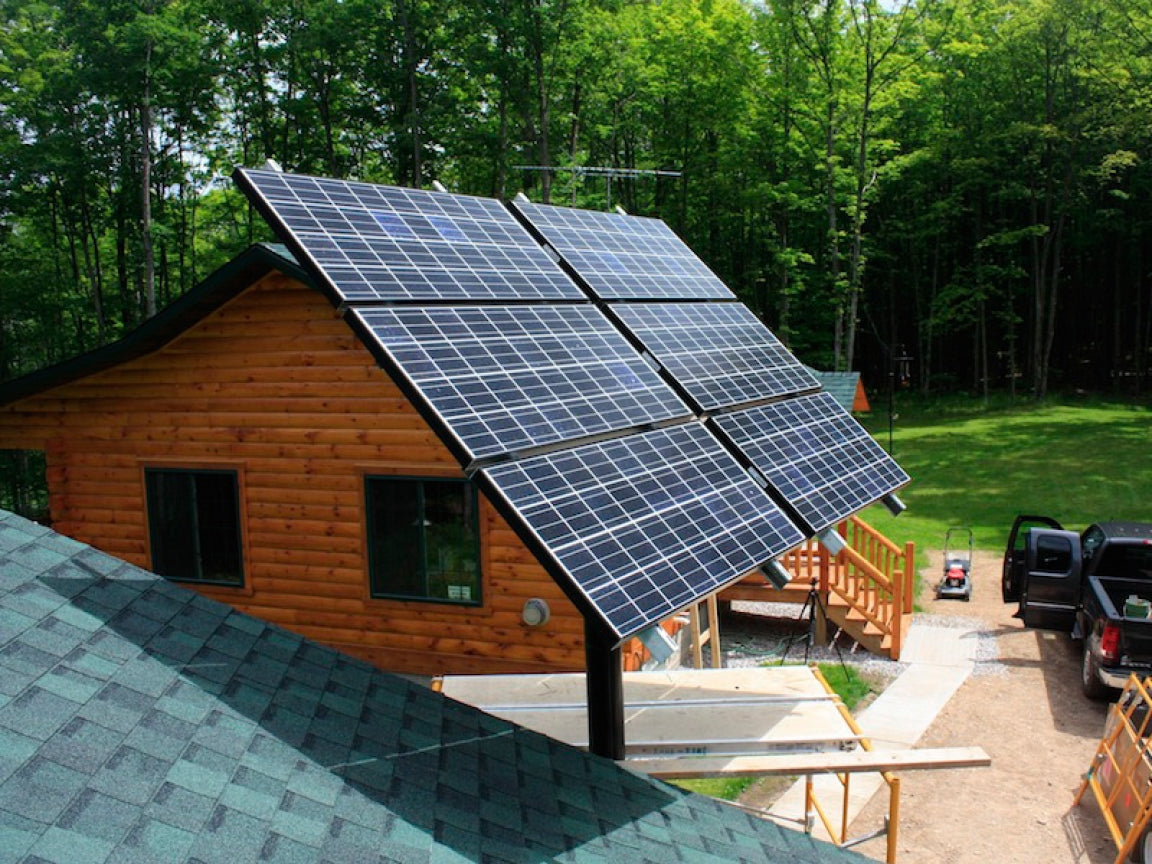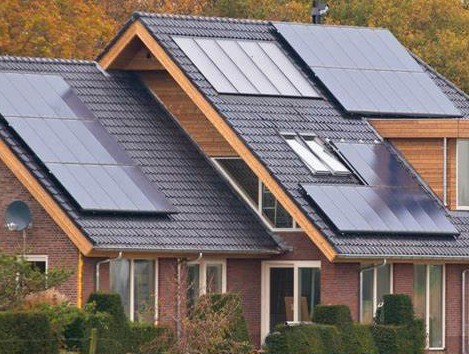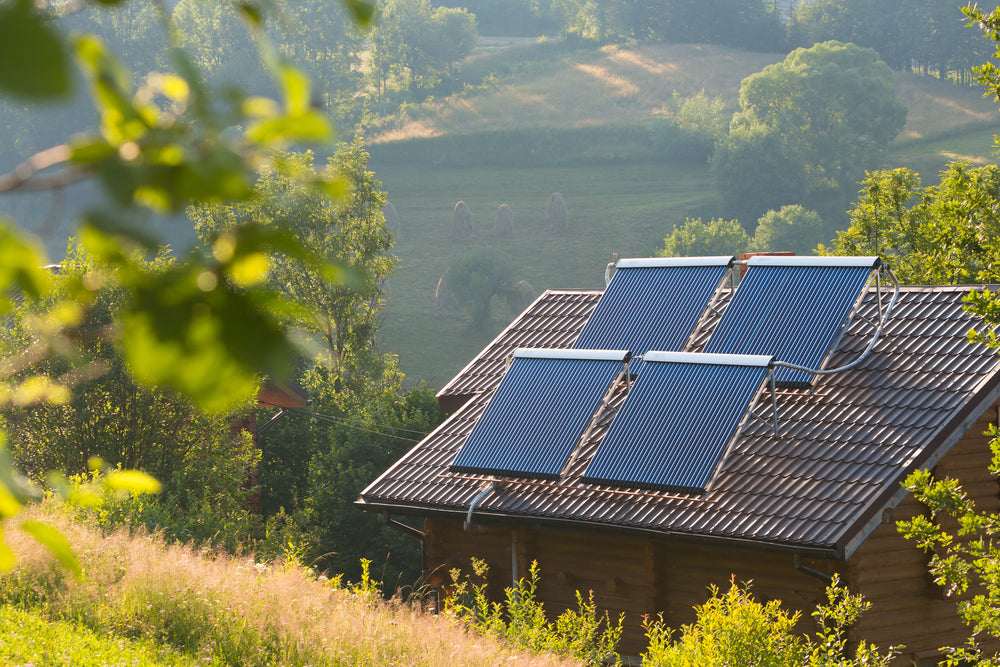The idea of going off the grid to achieve energy independence is appealing to many people. Who doesn’t want to declare freedom from their utility? Before you decide whether energy self-reliance is right for you, it is helpful to understand the trade-offs between a completely off-grid solar power system compared to a grid-interconnected system (with or without battery backup).
Considerations for off grid solar power
Off-grid solar power systems require that you become 100 percent responsible for your electricity production. That typically means purchasing a larger system than you would install for a grid-connected system, because you must plan for your peak electricity usage rather than your average electricity usage. It may also require more storage than is practical given that solar battery backup technology remains expensive.
If you want to energize your entire home off the grid, you will likely want to implement energy efficiency upgrades to reduce your consumption before designing your off-grid solar power system. These upgrades may include improved insulation, weather stripping around doors and windows, programmable thermostats, Energy Star appliances, double-paned windows, and CFL or LED lighting. Energy conservation can help you mitigate some of the higher costs of your renewable energy and battery system.
Off-grid solar is a practical solution for accessory structures with a small power load, especially where it is undesirable or infeasible to run a trench to the source of electric demand. This could include boat slips, barns on remote or rocky land, tiny homes or mobile homes that do not have access to the grid.
However, many people who are considering an off-grid solar system may actually prefer backup power from a battery connected to their solar array (although a generator could be more an even more cost effective solution to keep power during an emergency).
Is off-grid solar power right for you?
Reasons to choose off-grid solar:
1: Getting a sense of control over your energy usage.
2: Going green by reducing electricity consumption and making pollution-free renewable energy.
3: Declaring independence from your electrical utility.
4: Keeping your power on during utility outages and emergencies, such as hurricanes or thunderstorms.
5: Embracing your pioneer spirit by living in a remote area that may have limited access to the electric grid.
Reasons to stay on the grid:
1: Severing your relationship with your utility will make you ineligible for any utility rebates, which generally help make solar panels more affordable.
2: Most utilities have moderate electricity costs and net metering programs that pay you for your production, which can lower your overall cost of electricity below what you would pay for a large enough solar and battery system to cover your peak demand usage.
3: Grid-interconnected solar is a more efficient use of overall system and community resources.
Alternatives to off-grid solar power
While off grid solar power may not be realistic or make financial sense for everyone, solar-plus-storage solutions are becoming more common as the cost of batteries drops, in part due to their eligibility for the federal Solar Investment Tax Credit (ITC).
With a solar and battery solution, you can ensure some access to backup power while using the grid itself as a supplemental battery. That reduces the load – and therefore the cost – of the storage capacity you need to power all of your electricity needs at peak times and when the sun isn’t shining.
Pay attention to SOLARPARTS official website or through the below information to learn more about the backup power options:
Phone: +86-13923729619 Fax: +86-755-28720791
WhatsApp: +86-13923729619 Wechat: 13510027129
Email address: Philip@isolarparts.com
Homepage: www.isolarparts.com



